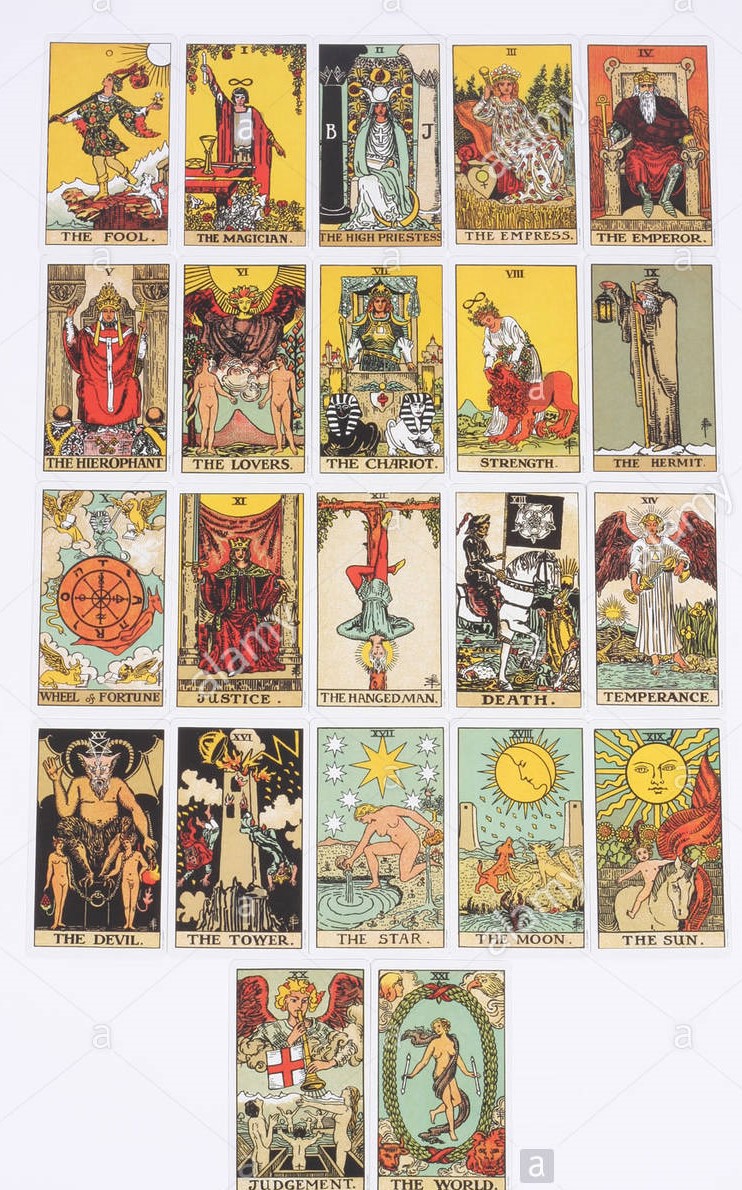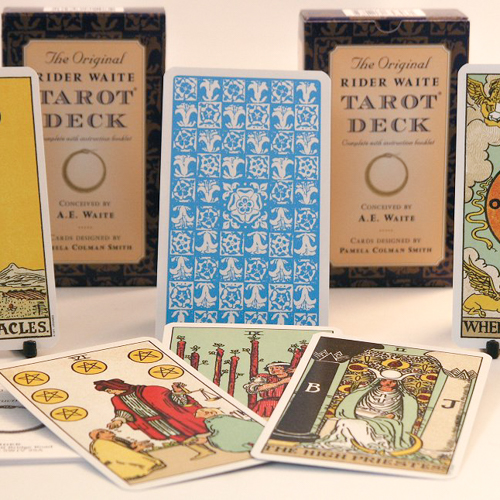
The symbol of energy is the hand. It can indicate a person's emotional state and comfort level. It also gives information about a person's emotional history, and their capacity. You can see the girdle and emotional excitability of a person's hands if you examine their hands closely.
Life line
The Life Line, which runs through the hand, is a line that begins at the base of your thumb and goes down to your wrist. The length and structure of the lifeline indicate various things, such as health and vitality. Many people believe the Life Line predicts your life expectancy. However, this is a popular misconception. It is the lifeline of a person.
A life line that is too short or too long can have bad consequences. A long life span will ensure that people have a steady career and can retire at an acceptable age. People who have a shorter career path will likely need to work longer before they are old and may become sick.
Wisdom line
Many meanings can be revealed by a hand reading. The life and head line on the palm represents our mental and emotionally based traits. The head line runs diagonally from the life line to the outside of the hand. The loveline runs from the pinky to the forefinger and is curvy. Each line may have different meanings. The life line, for example, is a symbol of longevity and health.

According to Chinese palmistry, the vigor line runs parallel to the fate line on the hand and veers towards the little finger. The vigour line indicates your strength and ability to rebound from any hardships. The most prevalent in Chinese palmistry's vigour is the line. Wavy lines indicate that your liver or gall bladder function is at risk. If the lines are straight, you don't have any serious health problems.
Love line
The symbol for the emotions in the heart is the Love line, which can be found on the hand. A long love line signifies that you are interested in romance, while a shorter one means that you don't. The love line should be longer than it is short. If your love line begins at the index finger, then it will lead to a romantic life. However, if you start at the middle finger then you are selfish.
The love line's depth is a measure of your love life. It also indicates your emotional stability, love ability, and love-ability. If it starts below your index finger, you will have a normal relationship. A fulfilling love life is one that reaches the width your hand. If it is prominent and deep, your love life will be happy and stable.
Career line
It is a sign that you have a career that runs from the base the hand to the bottom of the finger. It indicates you will be able to quickly make decisions and explore new possibilities. You may find it easier to find a job in your teens and thirties if you have a career path. But, it is best to ensure you have other income sources to supplement your income.
You can position this line in any location on the palm. For instance, if the line starts at the inside part of the hand, it means that you will have less freedom and will be ruled by your family. If the line runs to the opposite palm, your career will begin later in life.

Health line
A hand health line can indicate a variety of diseases. The exact location of the health lines is not always known. They usually start at the base the little finger and run across the palm until they reach the base the thumb. Sometimes, this line is connected with the lifeline, but not always.
Depending on the person, the health lines in the hands can be very thin and/or thick. A thick line is a sign of good health. However, if it is too thin, it could be an indication of illness or chronic pain.
FAQ
What are collection hobbies?
The most sought-after collections are books and movies, music, comics as well as comics, videos games, sports equipment, toys, and others.
Collect stamps, coins, cars, dolls and action figures as well as art supplies, tools, jewelry, watches, gadgets and furniture.
I think you get it.
What is a good hobby for kids?
Anything kids like to do that is not part of their daily routine is a hobby. They might like to draw pictures, build things, paint, write stories, play with toys, read books, watch TV, listen to music, play computer games, ride bikes, skateboard, swim, climb trees, run around outside, play football, basketball, volleyball, rugby, cricket, baseball, soccer, hockey, dodgeball, rounders, tag, hide and seek, hopscotch, marbles, jump rope, hopscotch and many others.
Many parents worry that their kids will get into trouble when they're free to do what they want. But this isn't always true. They won't get into trouble if your child is safe and does not cause harm to others or themselves.
It's important to remember that just because they like to do something doesn't mean that they'll always choose to do it. If they dislike writing but enjoy drawing pictures, they might opt to draw pictures.
There are many hobbies available, so you can choose the one you like best.
What are educational hobbies?
An educational hobby involves a sport or other activity where you can learn something from doing it. You could choose to learn how to play an instrument or play sports.
The most important thing is that you find it enjoyable and entertaining. You don’t have to do it constantly, but you should consider what other activities you could be engaging in instead.
These activities can also be costly so make sure you don't spend too much.
What hobbies are best for introverts and what types of hobbies would they enjoy?
Introverts are able to concentrate on one thing at once. They enjoy solitude and prefer to read, write, play music, watch movies, etc.
They also enjoy quiet time. However, they don't like socializing all day. They are often bored when surrounded in people.
This is why introverts choose hobbies that make them feel alone. For example, they may enjoy reading books, listening to music, taking photographs, painting, writing poetry, etc.
Some introverts will even live alone. They can focus on their hobbies and not be distracted by other people.
What are observation hobbies exactly?
Observation hobbies allow you to observe others doing the same thing. This could be watching sports, reading books or going on holiday. It could also involve observing others.
Because they teach you how to think creatively, observation hobbies are great. This knowledge can be used later to help you with projects that you are working on for others or yourself.
You will discover that learning is easier when you are interested.
You might watch or read about football to learn more. Visit or take photographs to learn more about the art of photography.
You can play along with songs online or purchase a guitar if you love music.
If you like cooking, you could cook your own meals or visit restaurants.
If gardening is your passion, you can grow vegetables and flowers.
If dancing is something you enjoy, join a dance class.
If you love painting, you can paint pictures.
If you like writing, you could write stories or poems.
You might enjoy drawing pictures, if you are a good artist.
If you are passionate about animals, you can look after them or work at the zoo.
You could choose to study biology, maths, chemistry, or physics if you are interested in science.
You can read books, listen to podcasts, or watch films if history interests you.
If you enjoy travelling, you might consider exploring your local area or traveling abroad.
What are good hobbies for seniors?
Senior citizens should enjoy engaging in fun activities. They should also be active and take part in activities such as sports or other physical activities.
They might want to join clubs where they can meet people who share similar interests. As they age, this will help them feel less alone.
Senior citizens need to be aware of the latest trends. You could, for example, follow the latest trends in fashion, literature, and music.
Statistics
- The intensity of the dialogue partners' bond at the end of the forty-five-minute vulnerability interaction was rated as closer than the closest relationship in the lives of 30 percent of similar students. (time.com)
- I am 100% biologically a woman (discover.hubpages.com)
- The Role of the Mind in Sex, Dating, and Love: Men in the “humor” condition received phone numbers from 42.9% of the female participants and were refused 57.1% of the time. (time.com)
- 37% Video Games 36% Travel 36% Health and Fitness (quizexpo.com)
- This 100% accurate personality-analyzing hobby quiz discovers your passion based on your characteristics. (quizexpo.com)
External Links
How To
How to learn a music instrument
There are many options for learning how to play the piano. You have the option of going to school, buying a book or taking lessons from someone who plays an instrument. Or, you can watch videos online. Here are some tricks and tips to help you find your way.
-
Find something that interests you. If you don’t like any of these instruments, you can always try another. If you don't like playing an instrument, it would be difficult to learn how to play it.
-
Be patient. It takes time to learn anything new. Expect to not be able master all things immediately. Keep practicing each day.
-
Practice regularly. Even when you feel tired, continue practicing. This will ensure you don't forget what lessons you have just learned.
-
You should choose a comfortable place to practice. You want to be in a place where you are not disturbed by others. Make sure there aren't distractions. Also, don't let loud music play near your home.
-
Have fun. Music should be enjoyed. You should have fun practicing music. Enjoying yourself will motivate you to continue going at it.
-
Set goals. If you set goals, then you will know exactly how you want to get there. There is no excuse for failure.
-
Keep track of your progress. Write down all of your accomplishments and failures. You will be able to improve your skills over time by writing down all of your achievements and failures.
-
Take breaks. Sometimes all it takes is to take a breather. It is a good idea to take breaks so you can think about everything.
-
Ask questions. Ask questions. They might be able to assist you.
-
Listening is the best method to learn. Musicians often listen to music they like and try to imitate it. This helps them understand basic concepts behind the song.
-
Read books. Read books to learn more than just watching videos or learning from classes. You will also find information in books that you won't find anywhere else.
-
You can join a band. You will be able to practice more when you play with others. Plus, you will meet people who share similar interests as yours.
-
View tutorials. Tutorials are brief videos that cover a variety of topics in great detail. These videos usually focus on one specific aspect of the instrument. Tutorials can be helpful in understanding difficult parts of an instrument.
-
Try different methods. Some people prefer to learn via lectures while others prefer to read. Keep trying until you find your preferred method.
-
Practice makes perfect. Nobody becomes an expert overnight. Instead, you must put in lots of effort before becoming skilled enough to perform well.
-
Play along with other musicians. Listening to other people play their favorite songs can help you learn faster.